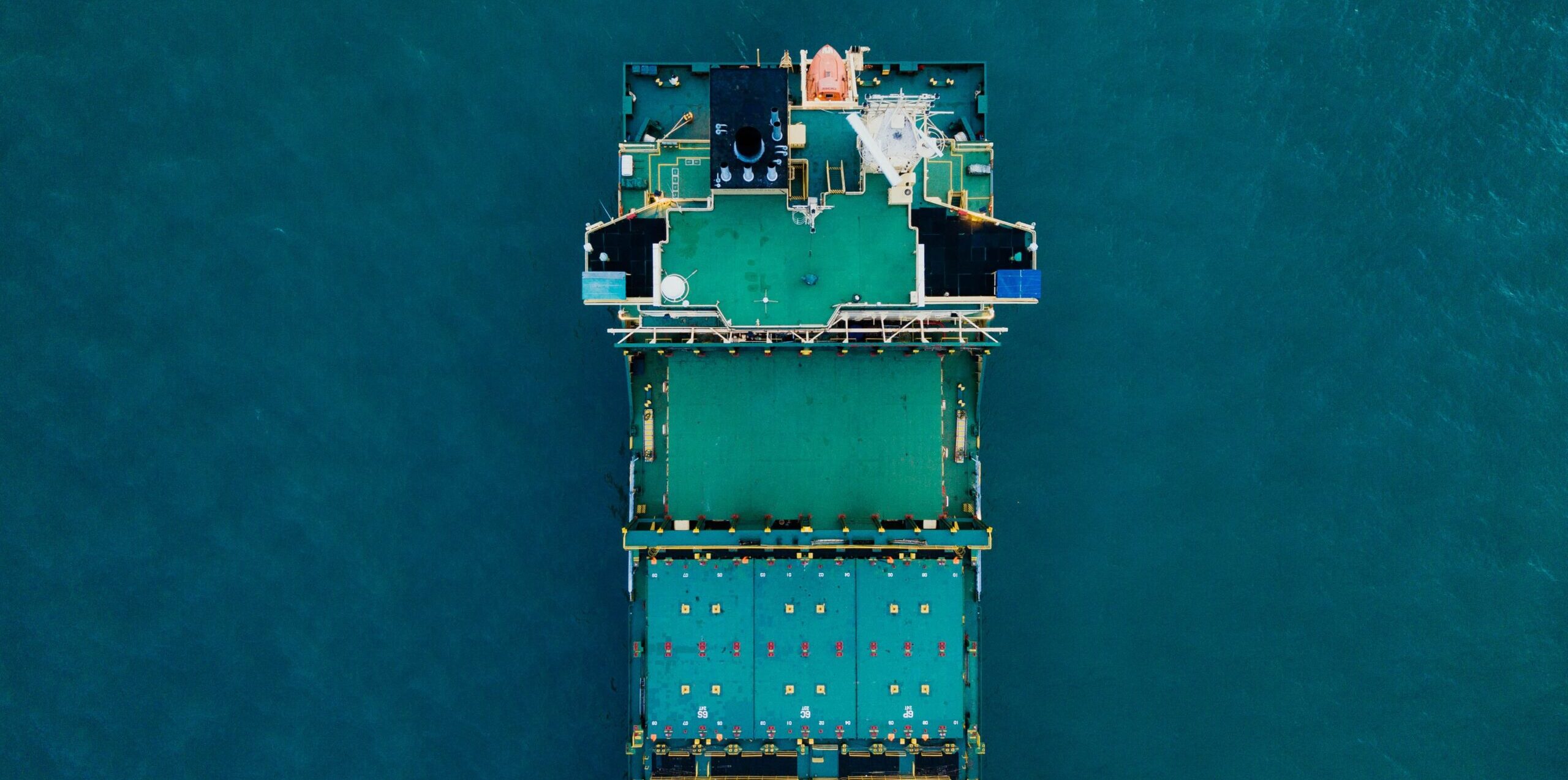The Sea Cargo Charter (SCC) is to revise its reporting framework, aligning its trajectory with the International Maritime Organization’s (IMO) revised greenhouse gas (GHG) strategy and expanding its current scope to include ship owners.
COPENHAGEN, 5 December – The Sea Cargo Charter (SCC) will significantly revise its reporting ambition, aligning its trajectory with emission reduction goals in response to the International Maritime Organization’s (IMO) revised greenhouse gas (GHG) strategy adopted during MEPC80 in July 2023.
In parallel with aligning its trajectory, the SCC is set to expand its current membership scope to include shipowners, demonstrating a commitment to industry inclusivity and sustainable practices. With 37 signatories representing over 17% of total bulk cargo transported by sea annually, the SCC unites to enhance data sharing, boost transparency, and create accountability across the maritime supply chain. See the list of 37 Signatories here.
“Today, as representatives of the Sea Cargo Charter, we announce a revised trajectory in response to the latest IMO ambition unveiled during MEPC80 in July,” said Rasmus Bach Nielsen, Sea Cargo Charter Chair and Global Head of Fuel Decarbonisation at Trafigura. “The Sea Cargo Charter aligns shipping emissions reporting with the new IMO ambition and expands its scope, allowing all ship owners to report under the same framework if they so wish—further demonstrating the Charter’s proactive stance in fostering transparency and sustainability across the maritime industry.”
Decarbonisation Trajectory Update
The SCC is designed as an ever-evolving framework that assesses and publishes climate alignment of charterers who voluntarily decide to join, calculating the degree to which the voyage carbon intensity of a vessel category is in line with global decarbonisation trajectory(ies). Together with the Poseidon Principles and the Poseidon Principles for Marine Insurance, initiatives like the Sea Cargo Charter contribute significantly to promoting comprehensive climate considerations amongst key players in the maritime sector.
The updated alignment with the IMO’s latest ambition to reach net-zero GHG emissions in the shipping sector by approximately 2050, featuring indicative checkpoints in 2030 and 2040 and employing a full lifecycle well-to-wake approach [1], underscores the commitment to support charterers and shipowners throughout the transition process, offering data-driven insights on best practices and opportunities for emission reduction.
The IMO’s evolving ambition is propelling the industry closer to a 1.5°C future. Building on past efforts, signatories will continue to evaluate the necessity of an additional trajectory for consistent climate alignment reporting with a 1.5°C future.
Robust framework for shipowners
By broadening the current scope, to be effective in 2024, signatories incorporate the key role played by ship owners in the maritime supply chain into the initiative. The objective is to elevate transparency on emissions across the shipping ecosystem with the end goal to reduce emissions, offering ship owners a robust and standardised methodology and framework for reporting and disclosing emissions data associated with their activities.
“Adopting IMO’s revised GHG strategy as well as opening the door to owners are two critical milestones for the Sea Cargo Charter as this will accelerate gaining traction within the industry,” said Eman Abdalla, Global Operations & Supply Chain Director at Cargill Ocean Transportation. “By increasing accessibility, improving the quality of data and encouraging the collaboration between charterers and shipowners, we expect a knock-on effect of pushing standards for monitoring emissions and facilitating well-informed decision-making.”
[1] considering from now on a full life cycle approach of greenhouse gas (GHG) emissions (move from tank-to-wake (TtW) to well-to-wake (WtW)
For media inquiries, please contact:
Molly P. Hannon, Senior Communications Manager
Email: mph@globalmaritimeforum.org
Mobile: +45 53 76 67 87
About the Sea Cargo Charter
The Sea Cargo Charter is a global framework for assessing and disclosing the climate alignment of chartering activities. It establishes a common, global baseline to quantitatively assess and disclose whether chartering activities are in line with climate goals set by the UN maritime agency, the International Maritime Organization (IMO). The IMO’s initial greenhouse gas strategy prescribed that international shipping must reduce its total annual emissions by at least 50% of 2008 levels by 2050, whilst pursuing efforts towards phasing them out as soon as possible in this century. The IMO revised greenhouse gas (GHG) strategy adopted during MEPC80 in July 2023 sets a new ambition to reach net-zero GHG emissions from international shipping by or around, i.e. close to, 2050. Three major changes from the current Sea Cargo Charter methodology are required in order to align the SCC ambition to the IMO Revised Strategy which are (i) decarbonisation target in 2050, (ii) interim targets and (iii) the consideration of lifecycle emissions of fuels including further greenhouse gas (GHG) species.
The Sea Cargo Charter is one of three initiatives based on the same four Principles and developed with the Global Maritime Forum. Together with the Poseidon Principles and the Poseidon Principles for Marine Insurance, they share a common objective: fostering transparency on emissions reporting with the aim of contributing to reducing carbon emissions.

